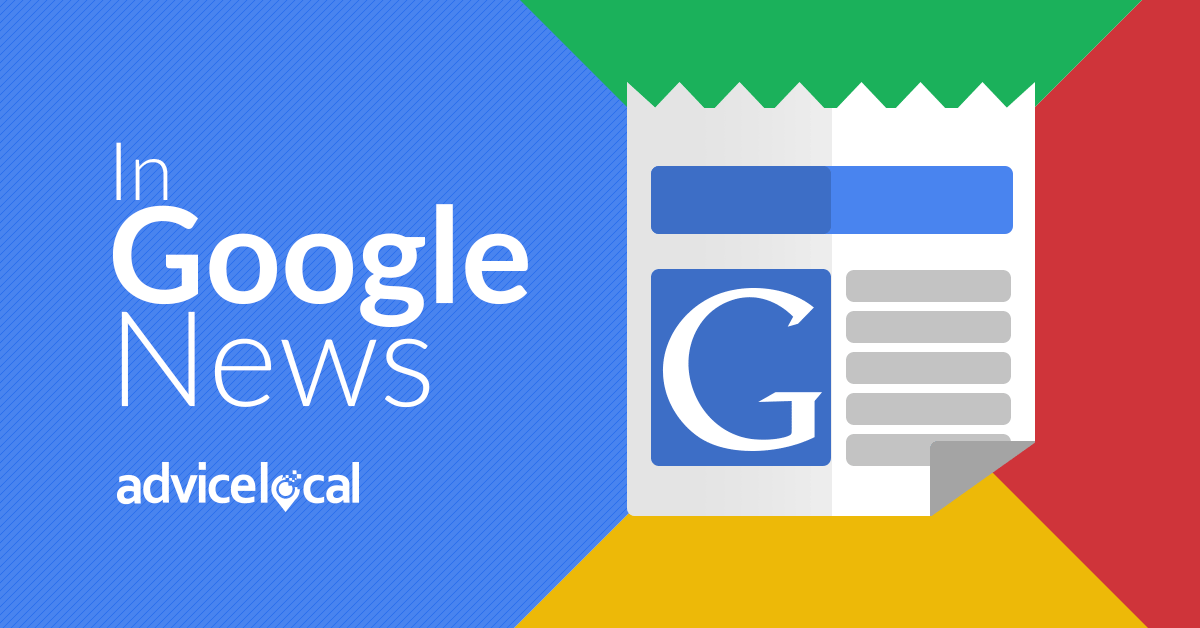In an effort to reduce fraudulent local business listings, Google recently announced an advanced verification process for plumbers and locksmiths in the Greater San Diego area. All plumbing and locksmith professionals will have to apply for advanced verification whether they are currently verified or not. Affected businesses have until November 10 to complete the advanced verification – which takes about two weeks to process – or they will be removed from Google Maps.
Google is Cracking Down on Fraud
Of course, Google’s intention is not to make verification more difficult for legitimate professionals, but to protect consumers from the growing number of fraudulent listings in the plumbing and locksmith industries.
As Google explained, they’ve “identified a number of fraudulent local service businesses, including locksmiths and plumbers, who use false identities on Google.” The new advanced verification process is designed to “help reduce fraud and improve the overall experience for [businesses] and [their] customers.”
Google hopes the new process will penalize the high number of scammers who penetrate these industries. The additional verification requirements should also make it easier for reputable plumbers and locksmiths to get discovered by customers who need their services.
Website Rankings Will Not Be Affected
As long as professionals affected by the change take action and apply for advanced verification by November 10, their business listings will not be negatively impacted. Even businesses that fail to qualify or do not receive advanced verification in time will not experience a drop in website rankings. However, San Diego plumbers and locksmiths that do not complete advanced verification will be removed from Google Maps and the Knowledge Panel.
How to Apply for Advanced Verification
Google describes the advanced verification process itself as rather simple and straightforward: “answer a few questions about [the] business and complete an application with Google’s third-party verification company.” Although advanced verification is currently only available to (and required for) locksmiths and plumbers in the Greater San Diego area, Google is expected to roll out the process to more locations in the near future.
Businesses should follow these steps to apply for advanced verification:
- Create a Google Business Profile (formerly Google My Business) with a plumber or locksmith listing in the San Diego area.
- Review and confirm the business’s information here, including the owner’s name, contact information, business location, business hours, areas serviced, services offered, and professional licenses.
- Complete an application with Pinkerton (Google’s third-party verification company). This should take about 30 minutes.
- Wait to receive email confirmation that the application has been processed. This will take up to two weeks.
While the sudden introduction of advanced verification might seem like a drastic move by Google, it’s important to remember that the search engine giant is testing and changing its processes all the time. All the advanced verification process proves is that Google is actively working on a solution to penalize spammers in the plumbing and locksmith industries – which is ultimately beneficial for consumers and professionals alike.




Great article thanks – so has this rolled out nationally now and is the application still the same? I have a mobile locksmith business that services customers at their location, so should I go through the standard steps of registering for a Google My Business account?
It seems this has not rolled out nationally yet. If you follow this link, you’ll be able to know when it rolls out to your area.
Superb article on Locksmith and I really appreciate it for sharing as this article is very informative and helpful 🙂
Google has just changed this in the Phoenix metro area. Now it lists paid ads only as “verified”
My friends at Mr Lockout Az were at first listed as Verified but not now. Their green check mark was dropped because they haven’t done a paid ad.
So what Google has done is SNEAKY.
They started out by saying they were protecting consumers but, now they only list paid ads as being verified